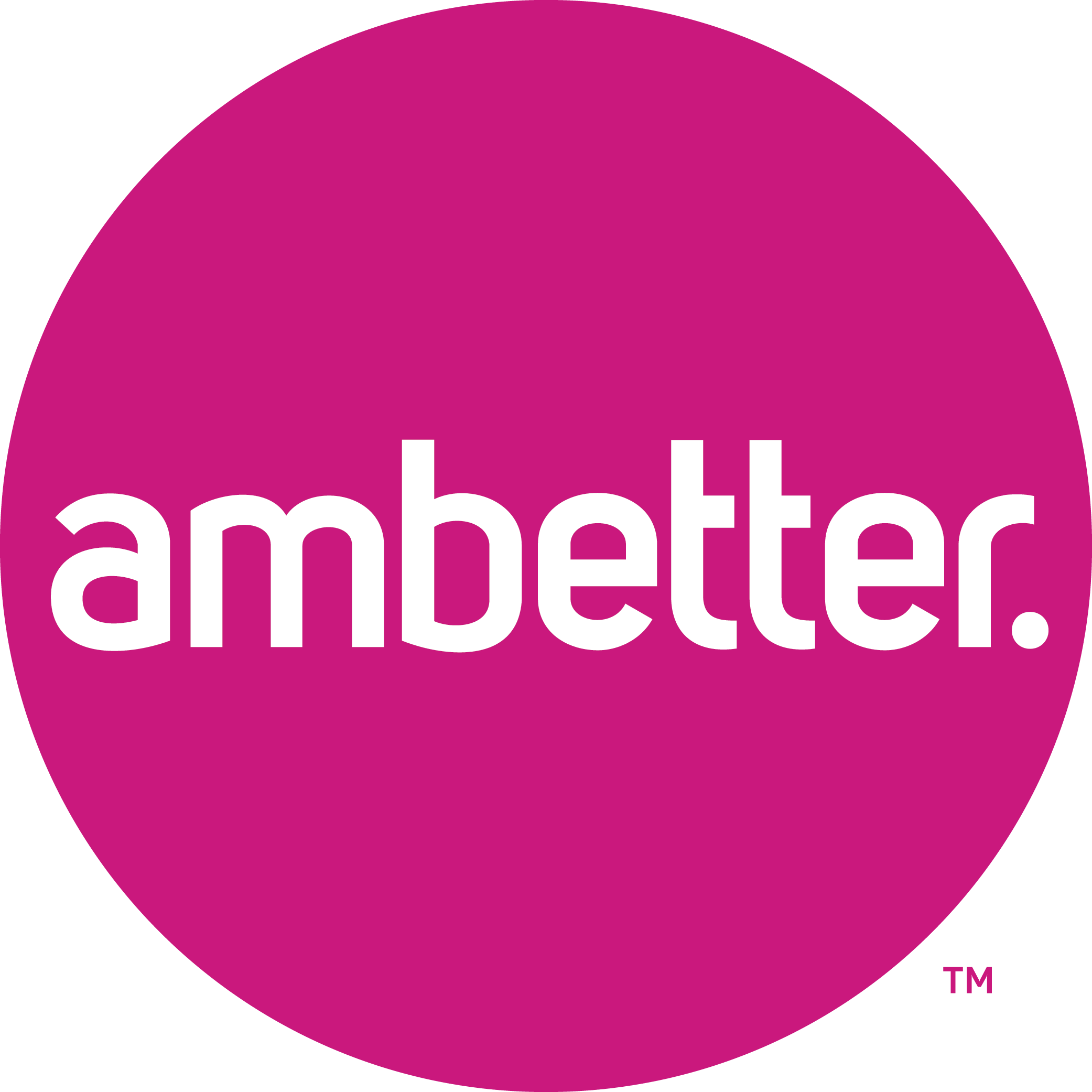Available at:
Intensive Inpatient Treatment for Addiction
The intensive inpatient program at Banyan Treatment Centers utilizes a staff of highly trained physicians, assistants, and qualified nurses to ensure our patients’ needs are met, and that comfort is maintained as they recover from drug and alcohol abuse. Our main goal during intensive inpatient treatment is to establish a solid foundation for long-term sobriety. The Banyan family at our Stuart rehab location offers a supportive environment through counseling and therapy sessions in the intensive inpatient program, as well as aftercare addiction services, which helps clients transition to life after rehab.

What Is Intensive Inpatient Treatment?
While you may have heard of residential treatment or inpatient treatment, our facility takes this continuum of care one step further. Our intensive inpatient rehab offers treatment for patients who have medical needs that require more supervision than what is already provided through our residential treatment programs.
The patients in our intensive inpatient program receive 24-hour care, daily therapeutic sessions, and access to beneficial community support groups. Deciding to take control and enter a rehab facility can be scary and intimidating. However, our healthy and comfortable setting allows all patients to recover without any distractions or negative influences surrounding them. Our staff guides you every step of the way to ensure success and a changed lifestyle.
Our unique, customized, intensive inpatient drug rehab programs are best suited for individuals who require medically assisted detox, are not medically stable, and who need 24-hour care to prevent relapse and complications during withdrawal. In addition to medical attention, clients in this program will also receive relapse prevention training they can carry with them after treatment to avoid relapse as they adjust to a sober lifestyle.
What to Expect During Intensive Inpatient Care
Sometimes, clients need to separate themselves from their daily routine to better understand the changes they must make to achieve a sober and healthier life. We understand that many clients live in home environments that are not conducive to sobriety, which can make the recovery process difficult to sustain, let alone to even begin. Individuals in this predicament can receive the motivation, guidance, and care they need to make a real change with our intensive inpatient therapy for addiction.
Banyan’s intensive inpatient treatment addresses a client’s mental, physical, and spiritual needs to ensure a successful recovery. Even though inpatient care requires you to live at our facility during your treatment, there are many benefits of intensive inpatient care that outpatient treatment does not offer. For example, allowing yourself to escape a toxic home environment so you can get away from temptations and distractions will help you focus better on recovering.
Like our other Banyan rehab locations, our Stuart facility provides peaceful and serene intensive inpatient care that is medically led to ensure clients are as safe and comfortable during their recovery. Additionally, patients in this program will have the opportunity to receive services such as:
- Alcohol Detox & Treatment
- Benzodiazepine Detox & Treatment
- Cocaine Detox & Treatment
- Heroin Detox & Treatment
- Methamphetamine Detox & Treatment
- Opioid Detox & Treatment
- Prescription Drug Detox & Treatment
However, before beginning treatment, every patient is accurately assessed to determine which level of care and therapy programs should be included in their treatment plan. Our team does this to ensure that each client receives specialized care that meets their needs, reducing the risk of dissatisfaction during treatment and relapse.
Finding an Intensive Inpatient Program Near Me
The intensive inpatient program at Banyan is a unique level of care not offered at most other rehab facilities. Therefore, if you feel as if you or a loved one require this form of care to recover from addiction, reach out right away.
Our intensive inpatient program might be right for you. For more information on the various levels of addiction treatment that we offer, contact Banyan Treatment Centers today.
Related Reading:
Other Treatment Options
Most Insurance Plans Accepted
At Banyan Treatment Centers, our goal is to make sure that anyone who needs treatment from drug and alcohol addiction are able to get the help needed to assist them on the road to recovery. If you don't have insurance contact us to inquire about alternate methods regarding treatment for yourself or a loved one.

































